Promoting a culture of wellbeing for researchers
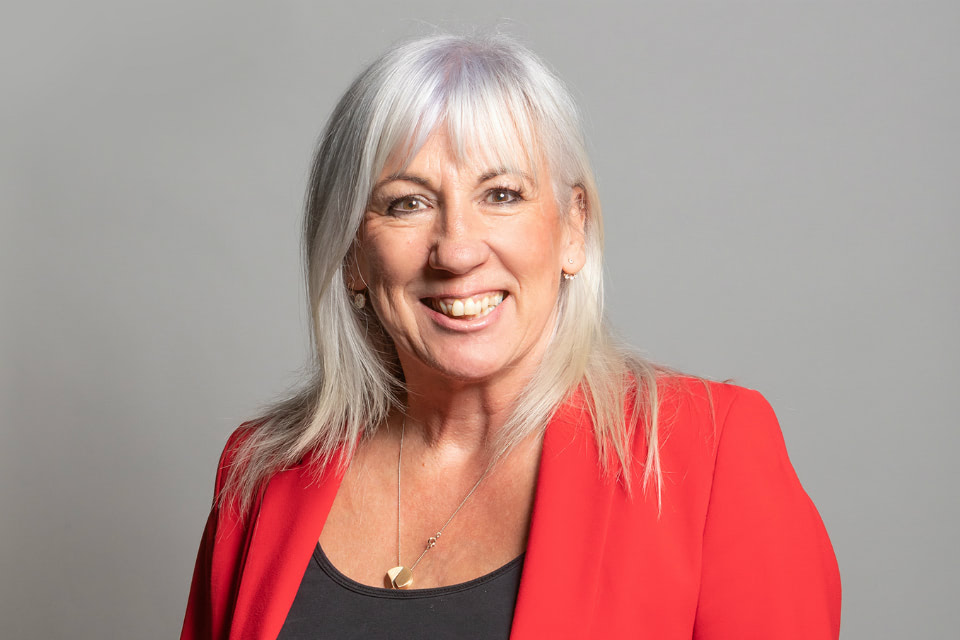
Science Minister @ASollowayUK spoke about the promoting a culture of #wellbeing for researchers and improving the way we evaluate research at Vitae Connections Week 2020:
Thank you.
It’s great to be here with you all, to talk about that most crucial foundation of all science and research: people.
There is little doubt that we have some of the world’s most incredibly talented people working right here, right now, in the UK.
And the great privilege of being Minister for Science and Research is that I get to meet these amazing and diverse people – from the brilliant researchers working on nuclear fusion at the JET laboratory in Culham, to the medical scientists working on coronavirus treatments at the University of Birmingham and the wonderful people working on the Boundless Creativity programme.
As well as learning about your work, I get to understand what makes you tick – what makes you unique and special.
Your focus. Your desire for collaboration. Your creativity and your passion.
You are the people whose vision, leadership and talent give us all so much to be proud of.
As many of you know, we published our Research and Development Roadmap in July – a bold new vision for the future of UK R&D.
As I have worked with you to develop the Roadmap, and the People and Culture Strategy which amongst other things will follow it, I have heard a lot about what has helped you be successful – what has enabled you to do your best work – and critically, what makes you want to stay here in the UK.
You have also shown me the things that are hindering you – the things holding you back from fulfilling your potential, and which sometimes, sadly, are causing some people to quit research altogether.
Last month, I met a young woman undertaking her PhD at a large UK university. She told me all about the fascinating things she was researching, and the imaginative ways that her research could make a difference. I could sense that real, wonderful passion and excitement she had for her work.
And then she hit me with a bombshell:
I just can’t see myself having a future in research.
Now, let me be clear, we have a need for highly skilled people in all sorts of industries, and we should support people to be successful and feel valued whatever they decide to do.
But for this aspiring young researcher, and for many more people, there are just too many barriers to sticking around.
For starters, there are slim chances of gaining secure, permanent employment – which for our PhD student meant owning her own home and starting a family were a distant dream.
Then there is massive pressure to just grind away on the hamster wheel, to secure whatever scarce short-term funding is around, and to keep trying to publish in particular journals.
And to keep working on the same research areas that are likely to win that short-term funding and be published in those journals.
But, most worrying of all, I heard about the culture of bullying and harassment.
Promoting a culture of wellbeing
Let me turn to this first.
Let’s face it, bullying and harassment can occur in any workplace, and we shouldn’t be surprised to learn that research workplaces are no exception.
But it was an enormous shock, coming into this job, to learn that nearly two-thirds of researchers have witnessed bullying or harassment at work, and almost half have experienced it themselves.
These figures speak for themselves.
I want to be very clear: bullying and harassment are completely unacceptable.
As a community, we must do everything we can to eradicate bullying and harassment, getting rid of bad behaviour and its root causes, and to promote wellbeing at all levels.
And as government, it is our duty not to condone the behaviour of bullies, no matter how talented they may be as individuals.
Institutions with widespread bullying and harassment problems should not benefit from the taxpayer’s support.
We need a culture of fair treatment, and of respect for each other. It is high time to stamp out the problem of bullying and harassment in research.
But it is also the case that there are other widespread issues in the culture of research, which are interfering with wellbeing.
I have made it my business to reach out to early career researchers, the future talent on which we all depend.
The message I have heard is clear: we must do something about the fear that so many feel.
As a start, we should make sure that we create real longevity in careers. Employers should provide clear career paths, and the stable employment contracts to match.
Having a casualised research workforce where the vast majority of people can’t develop a proper career is no way to build our status as a science superpower.
So for those that wish to pursue a career in R&D, we should provide clear routes to progression, including routes between academia and other places, and between technical and research roles.
People like our PhD student should never feel like she has failed just because she doesn’t end up as an academic.
Because focussing on a narrow set of opportunities leads to unhealthy levels of competition and game-playing. It kills diversity. And it damages our R&D system overall.
Because research is inherently creative – it’s about finding out new things, taking risks and venturing into the unknown.
Nobody should live in fear that, if they don’t play exactly the same game as everyone else, according to the same narrow set of rules, they’ll lose their jobs.
People need to feel stable, appreciated and secure, in order to have the confidence and freedom to do their most imaginative and creative work.
This means we must do whatever we can to put diversity at the heart of everything we do.
This is about more than people’s protected characteristics, vital though it is to respect and protect those.
And what’s more, promoting diversity should never simply be reduced to a tick-box exercise – just one more thing you have to demonstrate to win funding.
To make a real difference, we need to create a culture that welcomes the widest range of viewpoints, experiences and approaches, all of which contribute to a broader and richer R&D system – allowing the work itself to be more diverse, brilliant and impactful.
Diverse and sustainable funding
And we also need to fund that work properly.
We must look seriously at whether the system of short-term grants for projects is really working, really supporting people to do their best work. Or whether it’s instead promoting a monoculture of bureaucracy and risk aversion.
I want us to think about how we can use our funding to support creative and brilliant people, and places, not just the most promising projects.
This means supporting sustainable and well-funded teams, units and institutions. With support for everyone involved in our R&D vision – from top scientists to postdocs to PhD students and doctoral apprentices, from technicians to professional support staff.
From leaders, managers, governors, and people working in our funding agencies. To people interested in science, engaging with research, or considering a future in research for themselves or their children.
Our R&D People and Culture Strategy should support the whole system – backing everyone to do their best.
And when we do provide funding, we should do it properly and sustainably.
If the COVID-19 crisis has shown us anything, it’s that the research base is vulnerable to shocks – and that longstanding funding gaps in our research base have now expanded to the point where the situation is no longer sustainable.
This government has provided unprecedented support to stabilise the R&D system through the crisis – support which is about protecting researchers’ jobs and livelihoods.
But as we seek to build back better, we must not flinch from the task of building a more sustainable future.
Improving the way we evaluate research
But it would be a big mistake to think this is only a matter of funding things properly.
It is clear to me that, for many of you, winning a research grant is a badge of honour – a matter of great pride.
It’s a sign that a group of your peers thinks you have the capacity and potential to do important work.
This same pride, in being recognised by one’s peers, is found everywhere in research.
From the award of a PhD following rigorous assessment, through to the acceptance for publication of a journal article, book or other output, to being promoted up to the rank of professor.
There is, of course, something perfectly natural about wanting to be accepted by your peers – of feeling that you belong, that you fit in.
But this feeling mustn’t ever become more important than the pride people feel in the work itself – the pride in doing something important.
The pride in being given a chance to be truly curious, to ask vital questions about the world and to hunt for the answers.
And the pride in loudly communicating your findings to the whole world, so that everyone might feel the benefit of your new insights.
That’s why it’s so baffling to me that scientists and researchers seem to evaluate each other in such strange ways – by obsessing over spurious metrics or narrow indicators of prestige.
I have been listening very carefully to what you have been saying to me about the pressure you feel from things like grant income targets or the impending Research Excellence Framework (REF) return.
That pressure you feel to ‘publish or perish’.
Publication seems to have become an end in itself.
It’s as though some researchers – and leaders – have forgotten what really matters.
The joy of exploration, scholarship and discovery, and the great benefit that these can bring to the world.
I of course recognise that the ‘publish or perish’ culture in research is not unique to the UK.
But part of being a global leader in research is having the courage to lead into new places, to take on challenges that to others might seem insurmountable.
So I have today written to science ministers across the world, to invite them to join me in looking closely at this dependence on publications and to find out what we can collectively do about it.
An important part of the solution must be to make research more openly available.
It is absurd that the very research community that gave us the great gift of the Internet – the means to freely share information instantly with almost anyone around the world – still relies on an outdated system of publishing in closed-access journals which locks scientific discoveries away, tragically curtailing their usefulness.
So let me restate this government’s commitment to full and immediate open access to all publicly funded research. And let me give my full backing to UKRI for the work they are doing to develop a new open access policy, working alongside international partners.
But we should be bolder than this.
We should embrace, and encourage, new ways to share research – the exciting, diverse ways to communicate research and engage more people in research.
We should value datasets, code and open methods, just as much as we value books, journals and conferences.
Our assessment systems should recognise diversity in outcomes and impact.
And equally, let’s celebrate the exhibition, the performance, the roadshow, the website and the wiki. The television programme, the community engagements, the patient involvement and the citizen science programme.
Let’s seize this opportunity, this moment of renewal, to unleash the creativity of all of us, to improve research culture – to make it more diverse, more imaginative and more impactful.
Because that’s really the most amazing thing about research: the potential to be surprised, to discover something truly new and interesting, and to advance human progress – whether by a tiny step or a giant leap.
That excitement is something that we can all share in – and we must prioritise it above all else. It is what draws people in, and it is what changes lives for the better.
That’s how we’ll know that our People and Culture Strategy is working – it will be something that we know works for us all.
Thank you.
Amanda Solloway, Science Minister

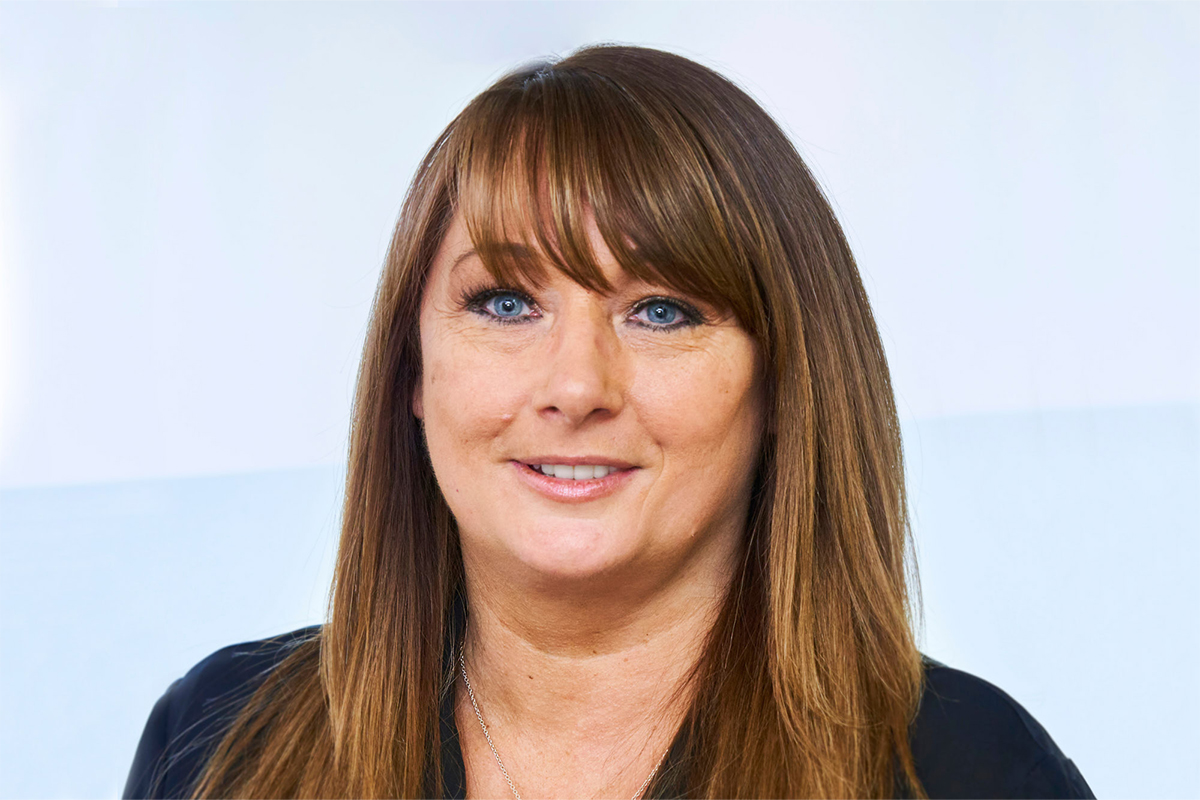


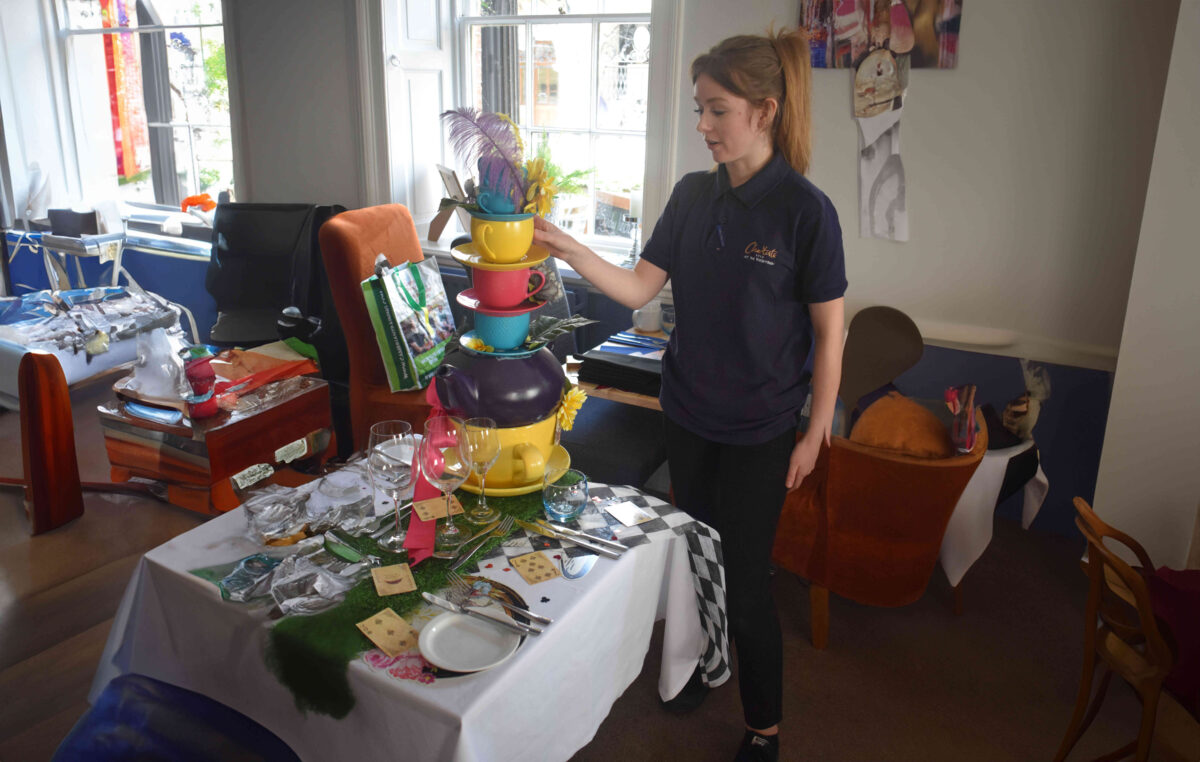

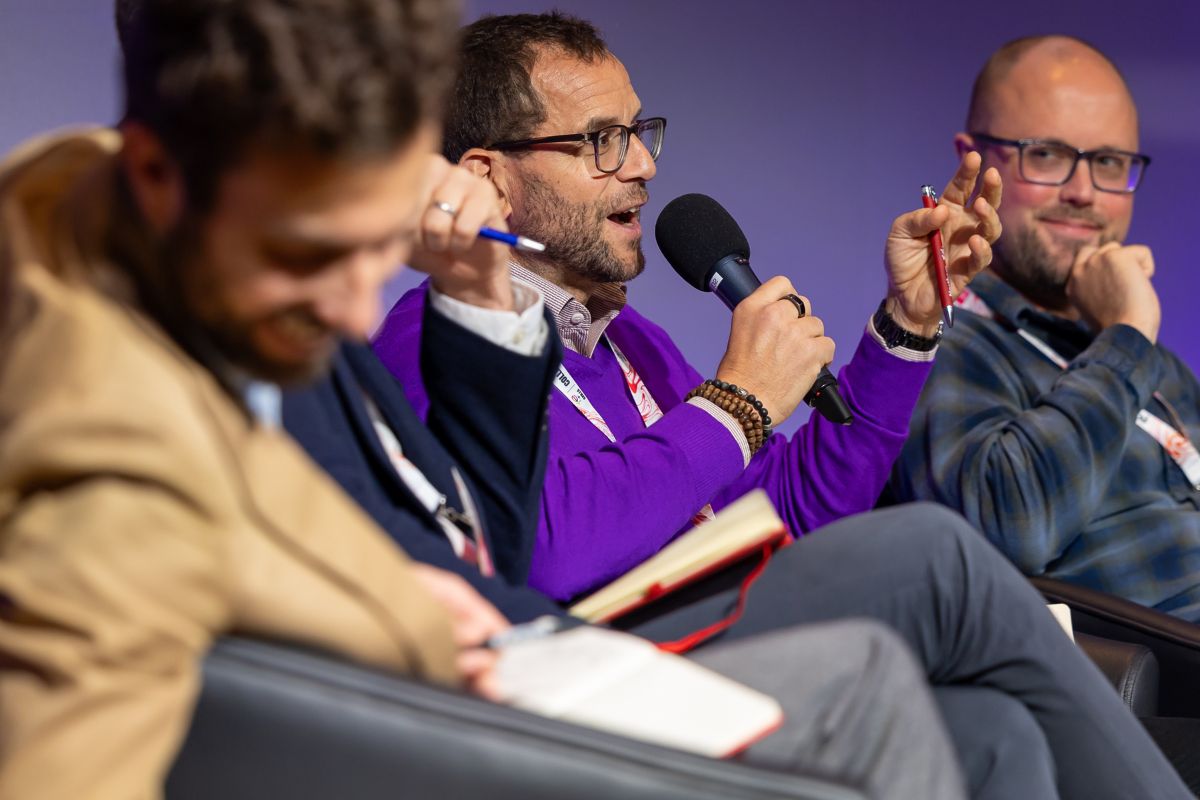

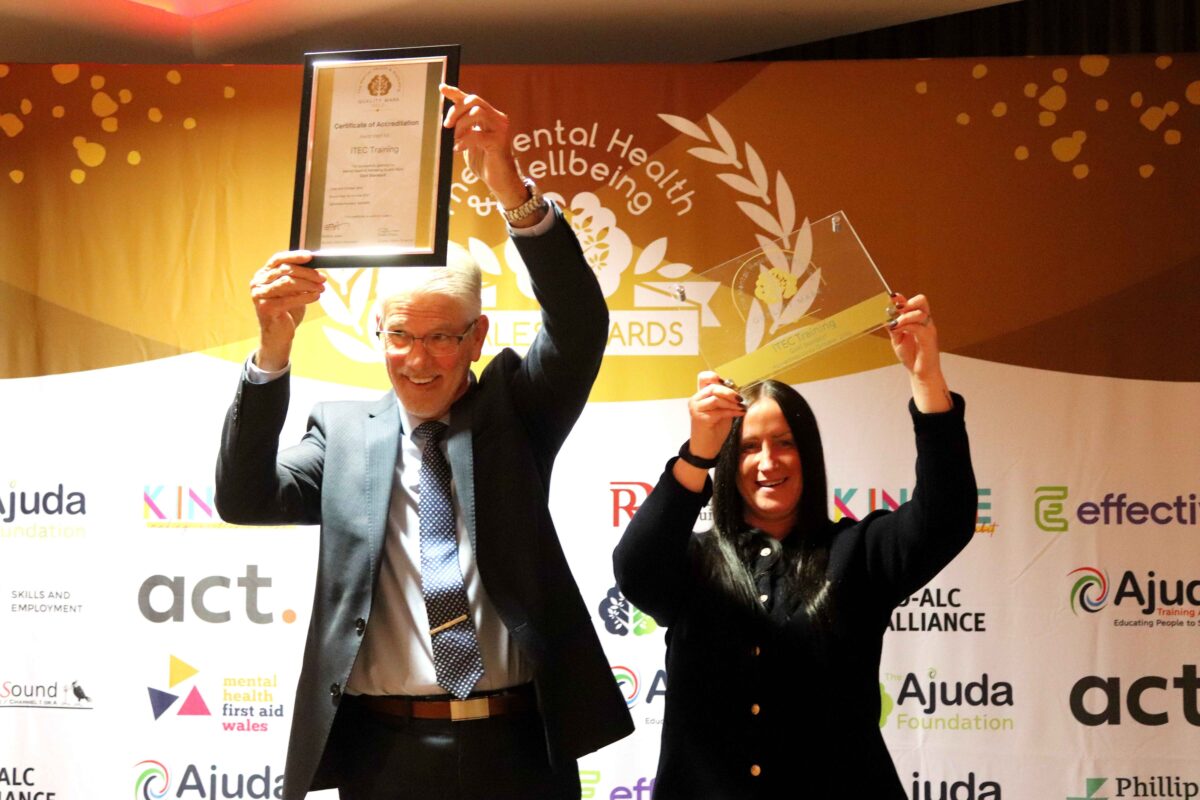

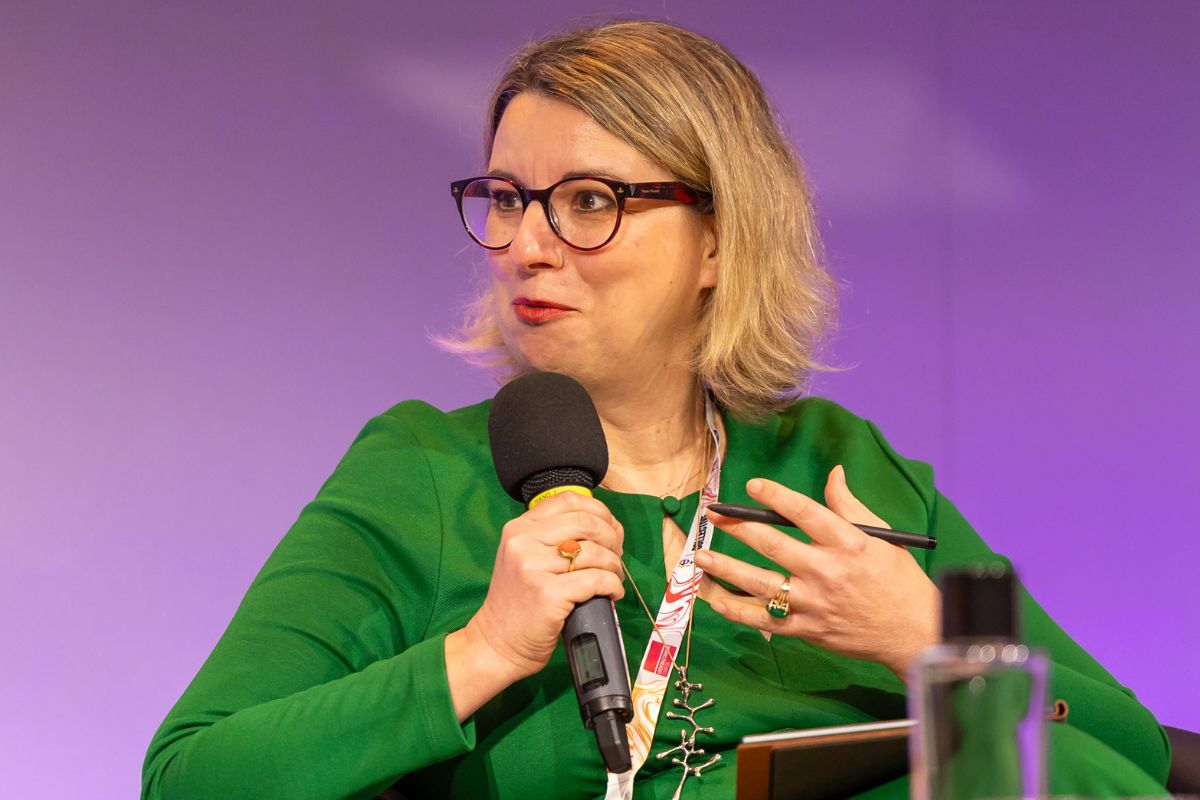
Responses